Ultrafiltration Systems: The Key to High-Performance Water Purification
Water is essential to life, and ensuring access to clean, purified water is becoming increasingly critical. For industries, households, and communities, ultrafiltration (UF) systems have emerged as one of the most effective water purification solutions. These systems provide high-performance filtration by removing contaminants while preserving essential minerals. Whether you want to purify water for drinking, manufacturing, or agriculture, ultrafiltration systems are a game-changer in water treatment. Here’s an in-depth look at the unique features of ultrafiltration systems and why they are key to high-performance water purification.
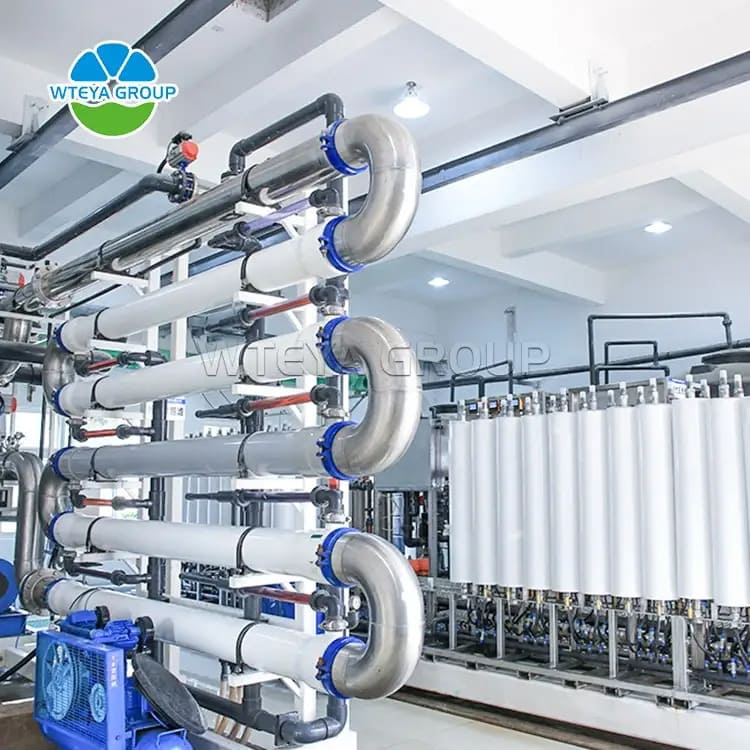
What is Ultrafiltration?
Ultrafiltration is a membrane filtration process that uses pressure to force water through a semi-permeable membrane. This membrane has microscopic pores that allow water and certain beneficial minerals to pass through while trapping larger particles such as bacteria, viruses, and suspended solids. The result is water-free of harmful contaminants but still retains its natural taste and essential nutrients.
Compared to other filtration methods like microfiltration or reverse osmosis, ultrafiltration perfectly balances efficiency and cost-effectiveness. Its ability to provide high-quality water at a relatively low cost makes it a popular choice for a wide range of applications, from industrial water treatment to residential use.
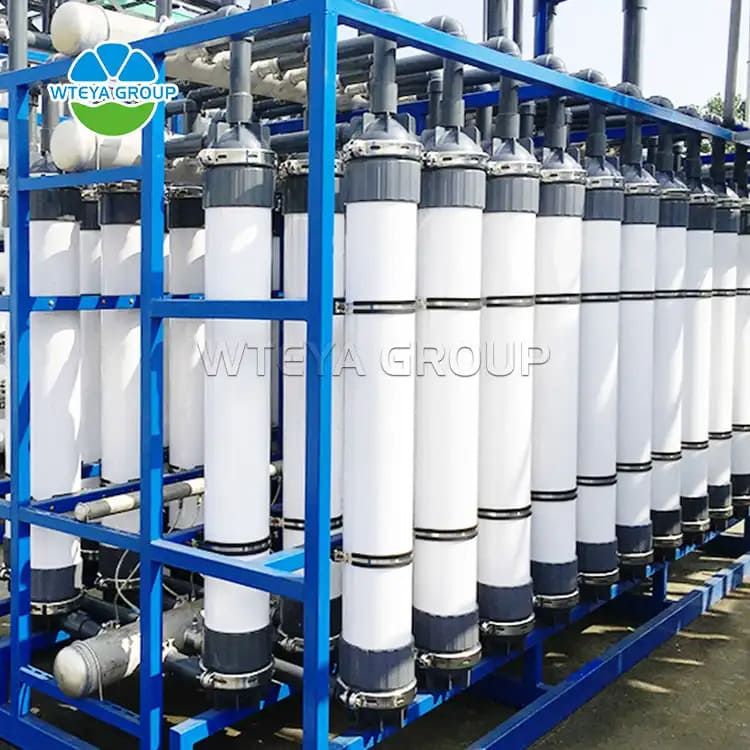
Exceptional Contaminant Removal
One of the most significant advantages of ultrafiltration systems is their ability to remove a wide variety of contaminants from water. Bacteria, viruses, and colloidal particles are effectively trapped by the UF membrane, ensuring that the water is safe to use or consume. This makes UF systems especially valuable in areas with poor water quality or where traditional water sources may be compromised.
Ultrafiltration removes up to 99.99% of pathogens, which is ideal for communities facing microbial contamination. For industries such as pharmaceuticals, food and beverage, and electronics, the ability to ensure ultra-pure water is critical for maintaining quality control and adhering to regulatory standards.
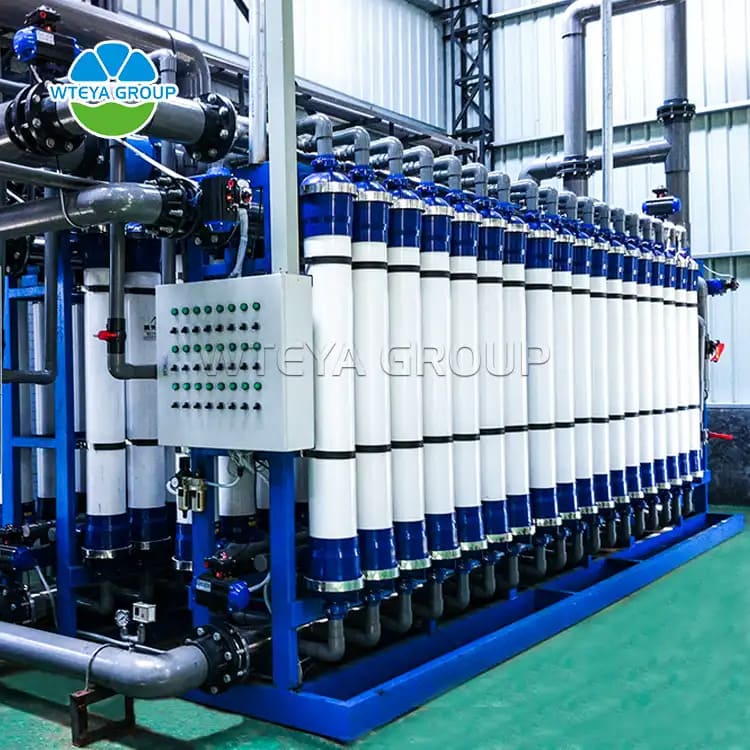
Retention of Essential Minerals
While other purification methods, such as reverse osmosis, strip water of almost all its minerals, ultrafiltration systems preserve essential minerals like calcium and magnesium. These minerals are vital for health and contribute to the water's natural taste, making UF-treated water healthier and more palatable.
This feature is particularly beneficial for domestic users who want to ensure their drinking water remains nutritious while eliminating harmful contaminants. It also helps to maintain the balance of minerals in agricultural applications where water quality affects crop health and yield.
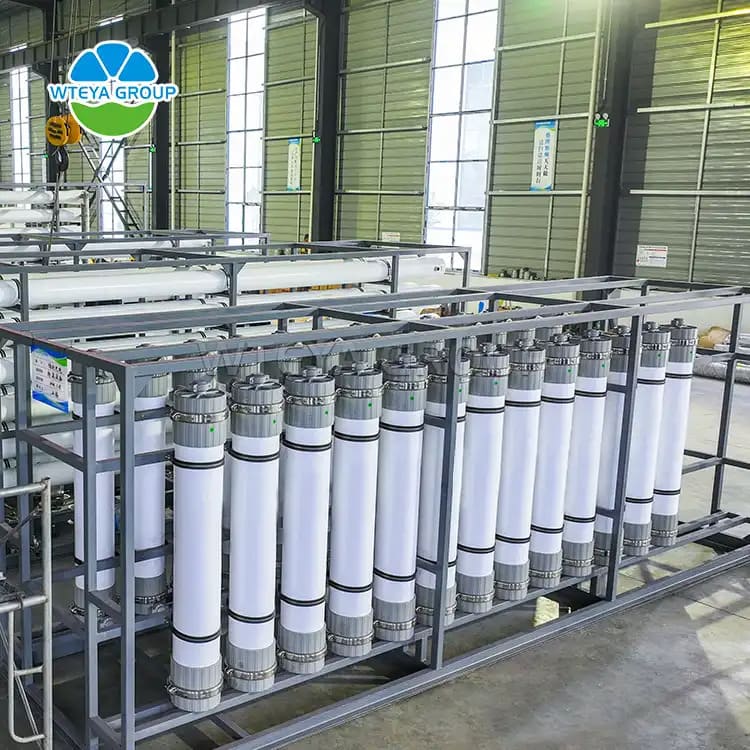
High Efficiency and Low Energy Consumption
Ultrafiltration systems are known for their energy efficiency compared to other purification technologies. Unlike reverse osmosis, which requires high pressure to push water through the membrane, ultrafiltration operates at lower pressures, reducing energy consumption and operational costs. This makes UF systems a more sustainable option for long-term use in both commercial and residential settings.
Moreover, ultrafiltration systems are typically modular and scalable, allowing businesses and industries to adjust the size and capacity of the system according to their needs. This flexibility ensures that the system can grow with your water usage demands without requiring significant overhauls or additional infrastructure investments.
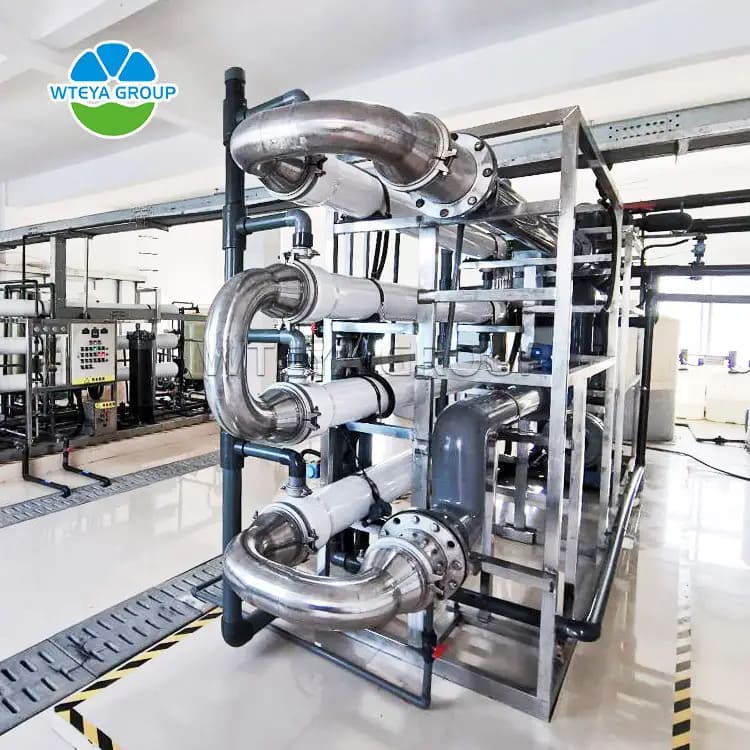
Minimal Chemical Use
Another standout feature of ultrafiltration systems is their ability to purify water with minimal or no chemical additives. Traditional water treatment methods often rely on chemicals to kill bacteria or clarify water, but these chemicals can leave behind byproducts that may be harmful.
With ultrafiltration, the process is purely mechanical—no chlorine, coagulants, or other chemicals are needed. This not only leads to cleaner, more natural water but also reduces the environmental impact associated with chemical usage and disposal. For industries looking to adopt greener practices, ultrafiltration offers a more eco-friendly way to meet water treatment needs.
Easy Maintenance and Longevity
Ultrafiltration systems are designed for ease of maintenance. With self-cleaning capabilities, these systems require minimal intervention to remain effective. The membranes used in UF systems are typically durable and can last several years before needing replacement, ensuring long-term cost savings.
Automatic backwashing and flushing systems help prevent clogging and fouling, meaning that the system can operate smoothly with little downtime. This ease of maintenance is particularly advantageous in industries where water purification is critical for continuous production, such as manufacturing and healthcare.
Wide Range of Applications
Ultrafiltration systems are versatile and suitable for a variety of applications, including:
Drinking water purification: Providing safe and clean water in homes, schools, and communities.
Industrial water treatment: Ensuring the purity of water for processes in the food, beverage, pharmaceutical, and electronics industries.
Wastewater treatment: Recovering usable water from industrial or municipal waste streams.
Agriculture: Enhancing the quality of irrigation water to improve crop health and yield.
Pre-treatment for reverse osmosis: Serving as an initial filtration step to reduce the load on reverse osmosis systems, improving their efficiency and lifespan.
The adaptability of ultrafiltration technology allows it to be used in both large-scale industrial settings and small, residential applications, making it an excellent all-round solution for water purification.
Enhanced Water Reuse and Sustainability
In an era of growing water scarcity, water reuse is becoming a critical practice. Ultrafiltration systems play a key role in treating wastewater for reuse in industrial processes or irrigation. By removing harmful contaminants, ultrafiltration makes water safe for secondary uses, thus conserving precious freshwater resources.
This makes ultrafiltration systems a powerful tool for promoting sustainability in industries that rely heavily on water, such as agriculture and manufacturing. By embracing UF technology, businesses can reduce their environmental footprint, lower water costs, and contribute to the responsible use of global water resources.
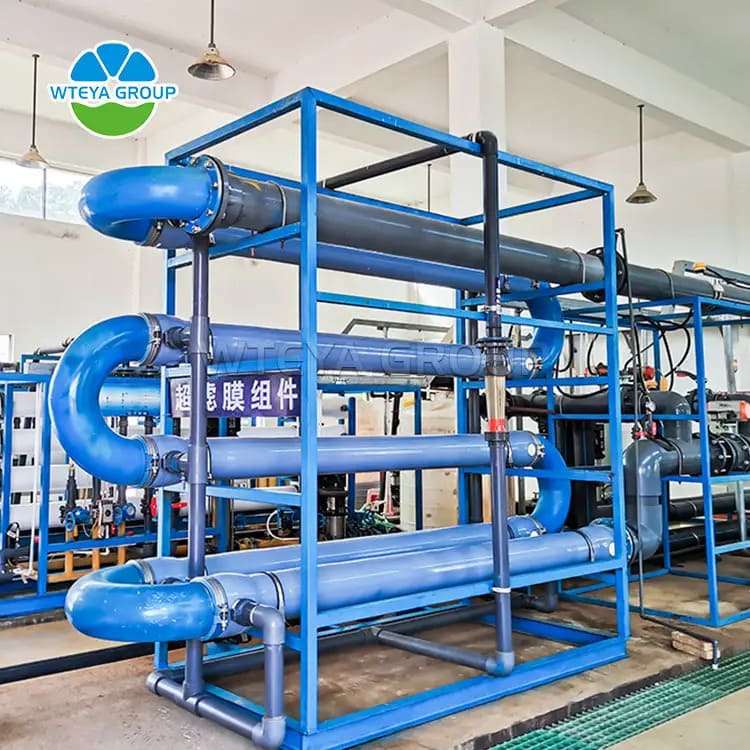
Conclusion
Ultrafiltration systems are a cutting-edge solution for high-performance water purification, offering exceptional contaminant removal, energy efficiency, and the ability to retain essential minerals in the water. Whether you need a reliable water purification system for residential, industrial, or agricultural use, ultrafiltration provides a cost-effective, eco-friendly option. Its low chemical usage, easy maintenance, and wide range of applications make it an ideal choice for those seeking the perfect balance of purity and sustainability in their water supply.
By choosing an ultrafiltration system, you are investing in a cleaner, healthier future, ensuring that your water is safe, reliable, and free from harmful contaminants. Whether it’s for drinking, manufacturing, or water reuse, ultrafiltration systems stand out as the key to achieving high-performance water purification.







